Share
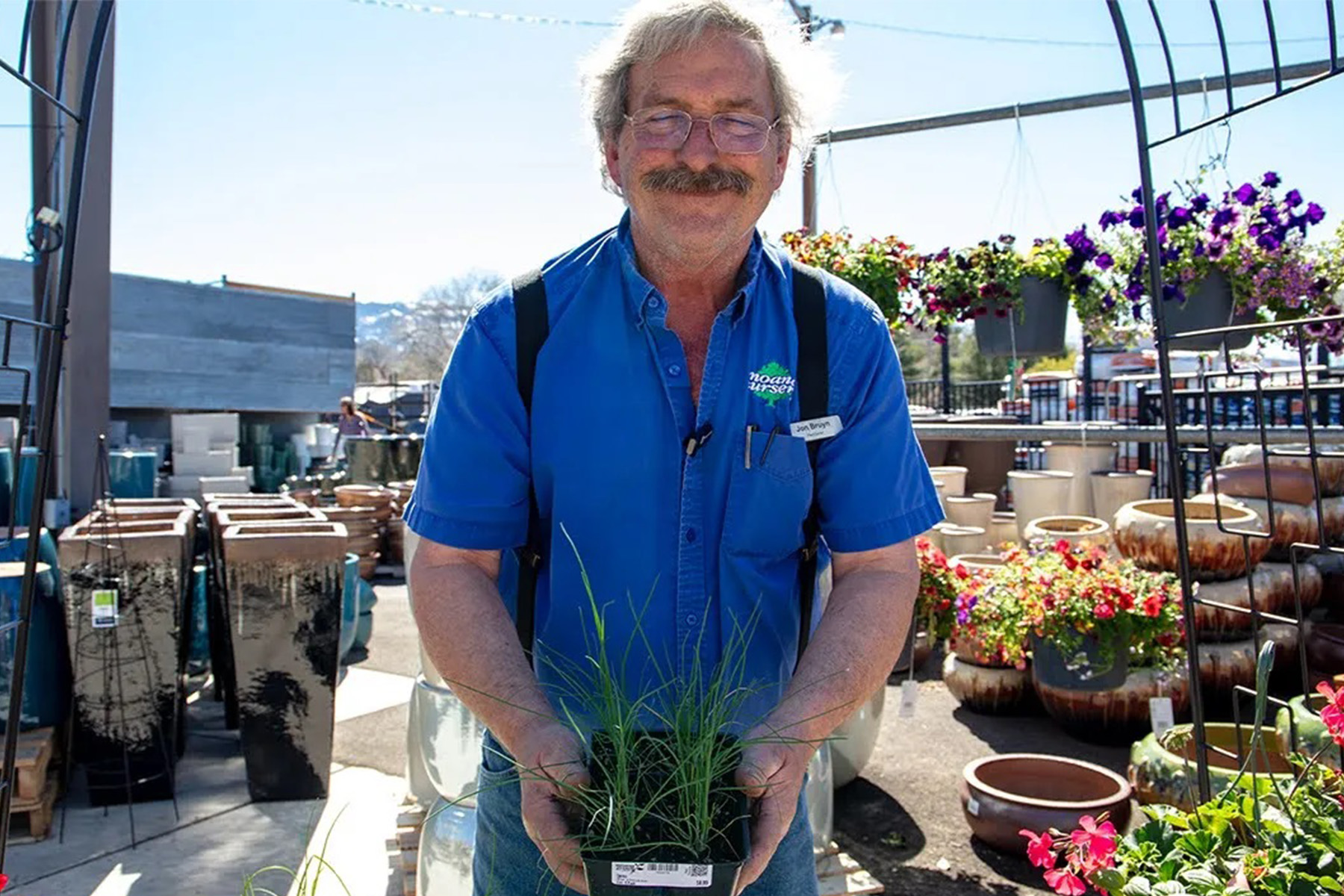
Herb Appeal
In the bustling rhythm of modern life, it’s easy to overlook the simple pleasures that nature offers. Among these delights are fresh herbs, aromatic and bursting with flavor, waiting to be cultivated in your own backyard. Whether you’re a seasoned gardener or a novice with a newfound green thumb, growing herbs can bring an array of benefits to your culinary adventures and beyond.
The Beauty of Freshness
There’s something magical about plucking a sprig of basil or mint straight from the garden, where it has soaked up the sun’s warmth and the earth’s nutrients. Freshly grown herbs offer a depth of flavor and fragrance that simply can’t be replicated by their store-bought counterparts. From the vibrant green of parsley to the earthy aroma of rosemary, each herb brings its own unique essence to your dishes.
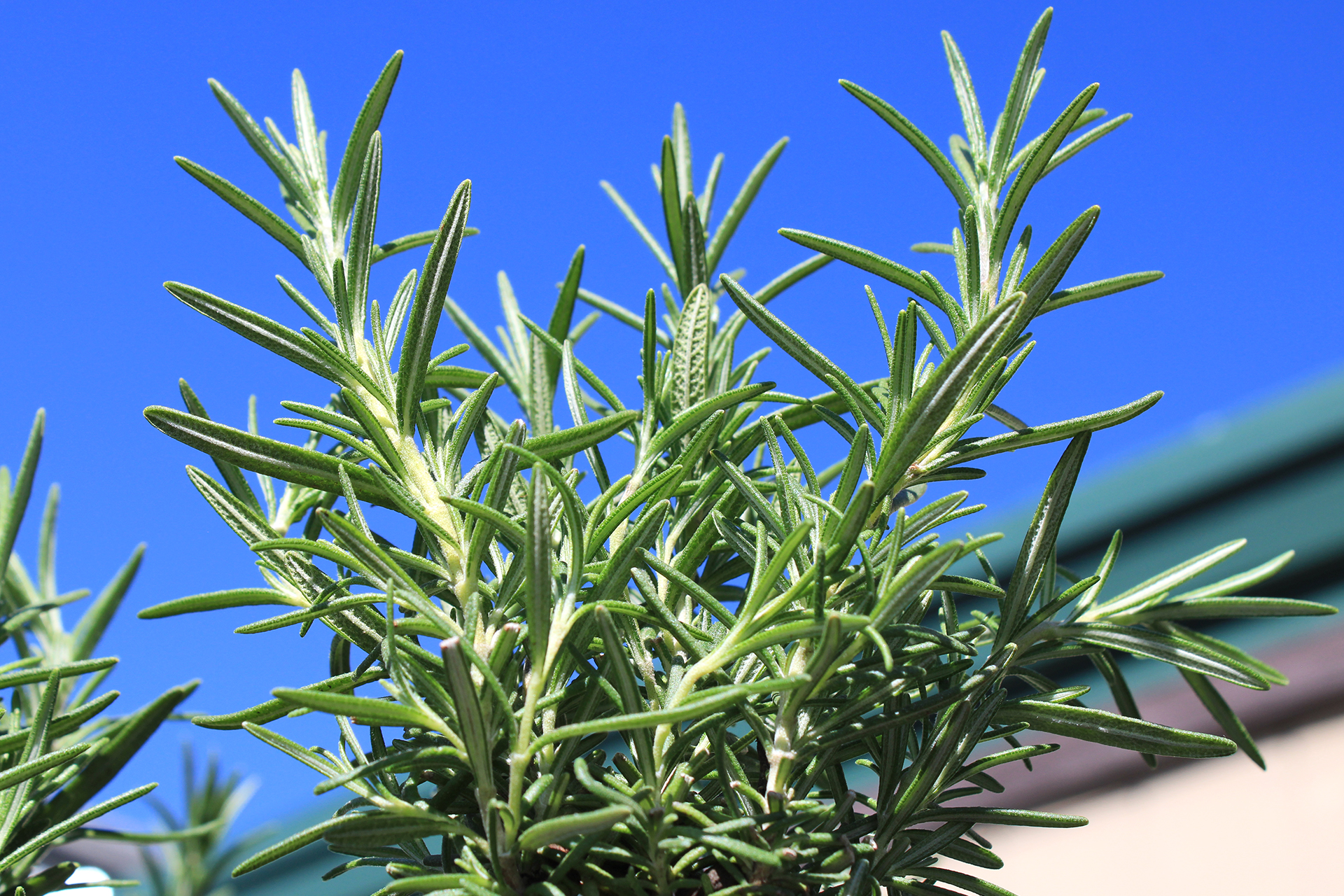
Why Grow Your Own?
- Flavor Explosion:
The flavors of freshly picked herbs are incomparable to those that have been sitting on a shelf. Growing your own ensures that you have access to the freshest ingredients, elevating the taste of your culinary creations.
- Cost-Effective:
Purchasing fresh herbs from the grocery store can add up over time. By cultivating your own herb garden, you’ll save money while enjoying a continuous supply of aromatic herbs right at your fingertips.
- Health Benefits:
Many herbs boast impressive health benefits, from aiding digestion to boosting immunity. Incorporating fresh herbs into your meals not only enhances flavor but also contributes to your overall well-being.
- Sustainability:
Growing your own herbs reduces the carbon footprint associated with transportation and packaging. Plus, you’ll have the satisfaction of knowing exactly where your food comes from and how it’s grown.
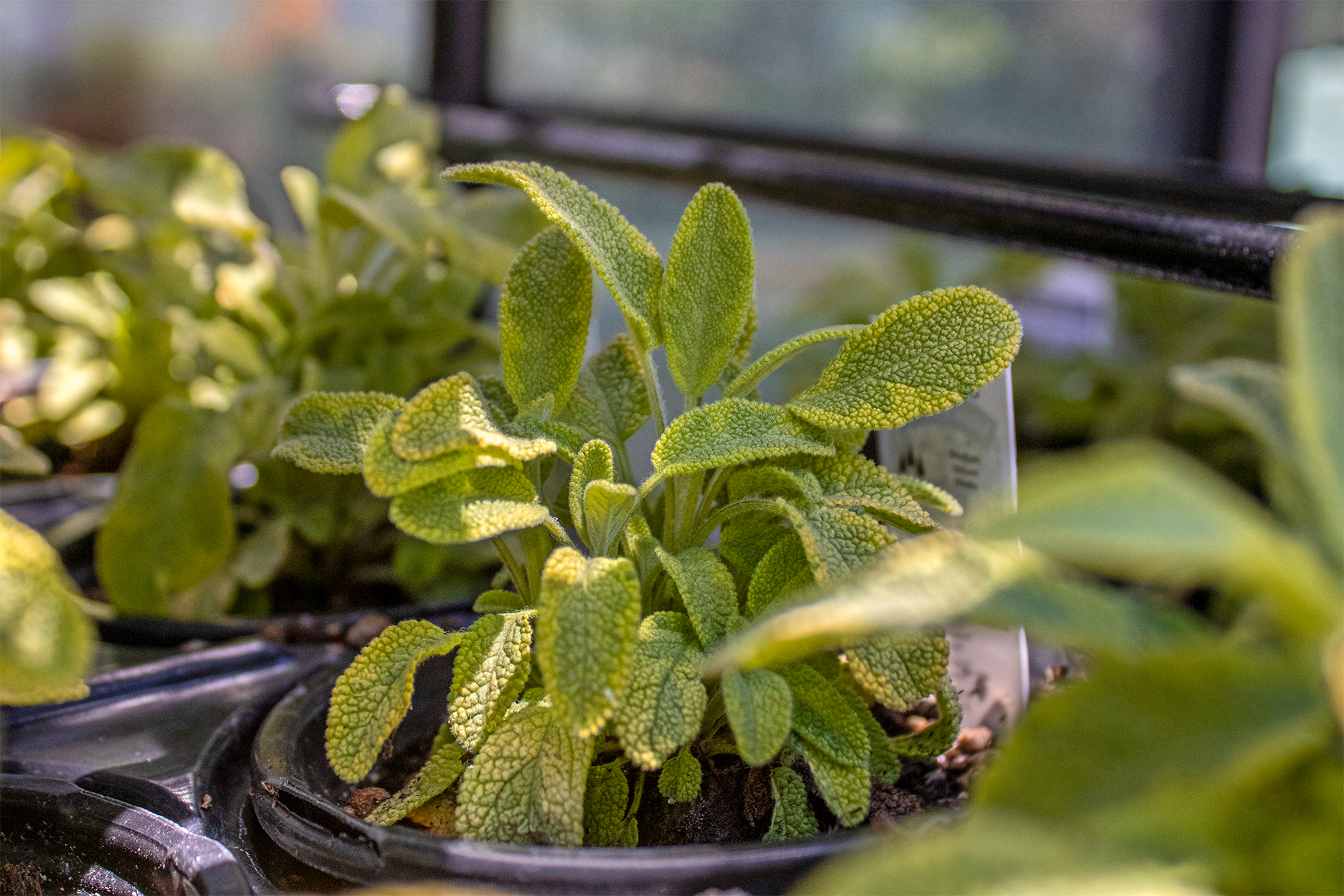
Getting Started
- Choose Your Herbs:
Start with a selection of herbs that you commonly use in your cooking. Basil, thyme, rosemary, mint, and parsley are popular choices for beginners due to their versatility and ease of growth.
- Select a Sunny Spot:
Most herbs thrive in full sunlight, so choose a location in your garden that receives at least 4 hours of sunlight per day. If you’re short on outdoor space, many herbs can also be grown in pots on a sunny windowsill. But not too sunny! Avoid prolonged exposure to direct afternoon sun, especially during summer months.
- Prepare the Soil:
Herbs prefer well-draining soil with good airflow. Amend your soil with compost, worm castings or other organic matter to improve its texture and fertility, ensuring optimal conditions for your herbs to flourish. Set yourself up for success by adding a high calcium fertilizer, like G&B Herb & Veggie Fertilizer.
- Plant and Care:
Follow the planting instructions for each herb, taking care to space them adequately to allow for growth. Water your herbs regularly, keeping the soil consistently moist but not waterlogged. Prune them regularly to encourage bushy growth and prevent them from becoming leggy. Be sure to remove blooms from basil, leaving the blooms on can reduce the sweetness of the leaves. Just pinch them off as you start to see budding.

Cooking with Fresh Herbs
Once your herb garden is thriving, it’s time to put those aromatic treasures to use in the kitchen. Fresh herbs can elevate any dish, from soups and salads to main courses and desserts. Here are a few ideas to inspire your culinary adventures:
Pesto: Blend fresh basil, garlic, pine nuts, Parmesan cheese, and olive oil to create a vibrant pesto sauce that’s perfect for pasta, sandwiches, and more.
Herb-Infused Oils and Vinegars: Infuse olive oil or vinegar with your favorite herbs to add depth of flavor to dressings, marinades, and dipping sauces.
Herb Butter: Mix finely chopped herbs into softened butter for a fragrant spread that’s delicious on bread, roasted vegetables, or grilled meats.
Tea and Infusions: Brew fresh herbs like mint, chamomile, or lemon balm into soothing teas or refreshing infused waters for a delightful pick-me-up.
Beyond the Kitchen
While fresh herbs are a staple in culinary pursuits, their uses extend far beyond the realm of cooking. Here are a few additional ways to incorporate herbs into your daily life:
Aromatherapy: Harness the power of essential oils from herbs like lavender, rosemary, and eucalyptus to promote relaxation, improve focus, and uplift your mood.
Natural Remedies: Many herbs have medicinal properties and can be used to alleviate common ailments such as headaches, indigestion, and insomnia. Consult with a healthcare professional before using herbs for medicinal purposes.
Home Décor: Fresh herbs add a touch of greenery and fragrance to your home. Display them in vases or jars to brighten up your living space and purify the air.

In a world filled with artificial flavors and processed foods, cultivating your own herb garden offers a return to simplicity and authenticity. From the burst of flavor they bring to your meals to the myriad of health benefits they provide, fresh herbs are a true gift from nature. So roll up your sleeves, dig in the dirt, and let the joy of fresh herbs enrich your life in countless ways.
Share
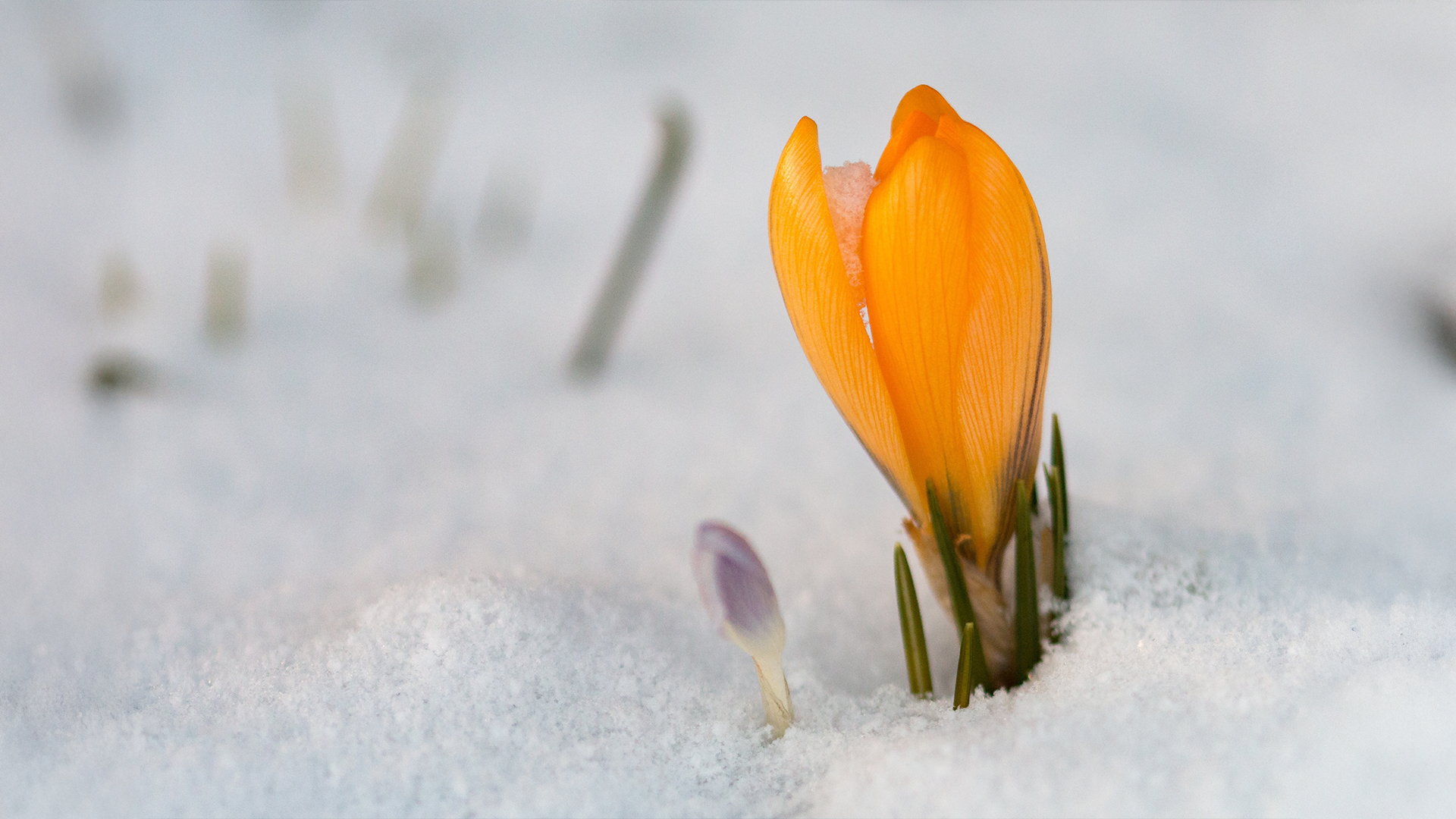
Sometimes a sudden warm spell can trick your spring bulbs into emerging too early. Here's how to protect your bulbs and ensure they thrive once the true spring weather arrives.
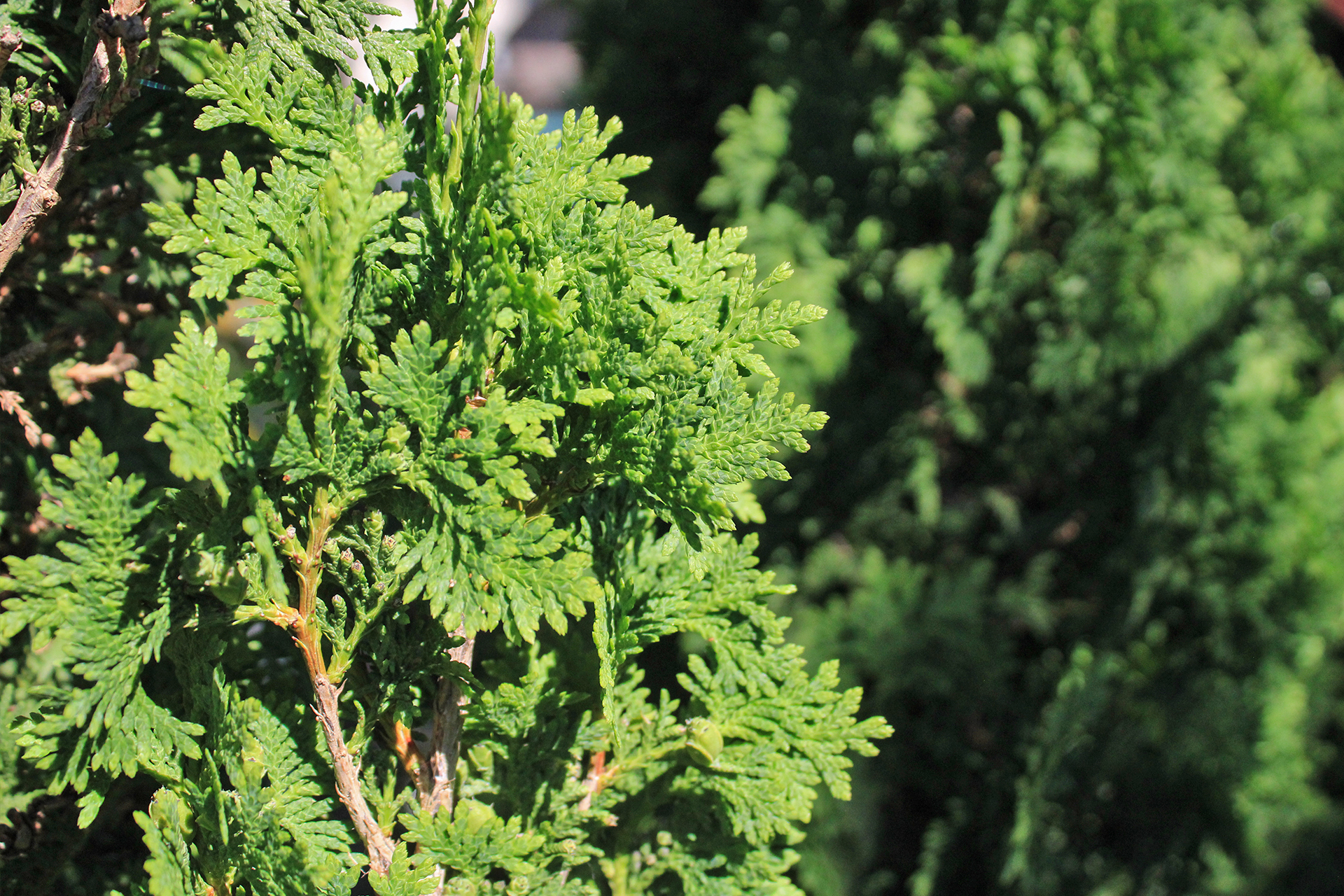
Regular care and preventative measures can keep your evergreens healthy and vibrant through the winter months.
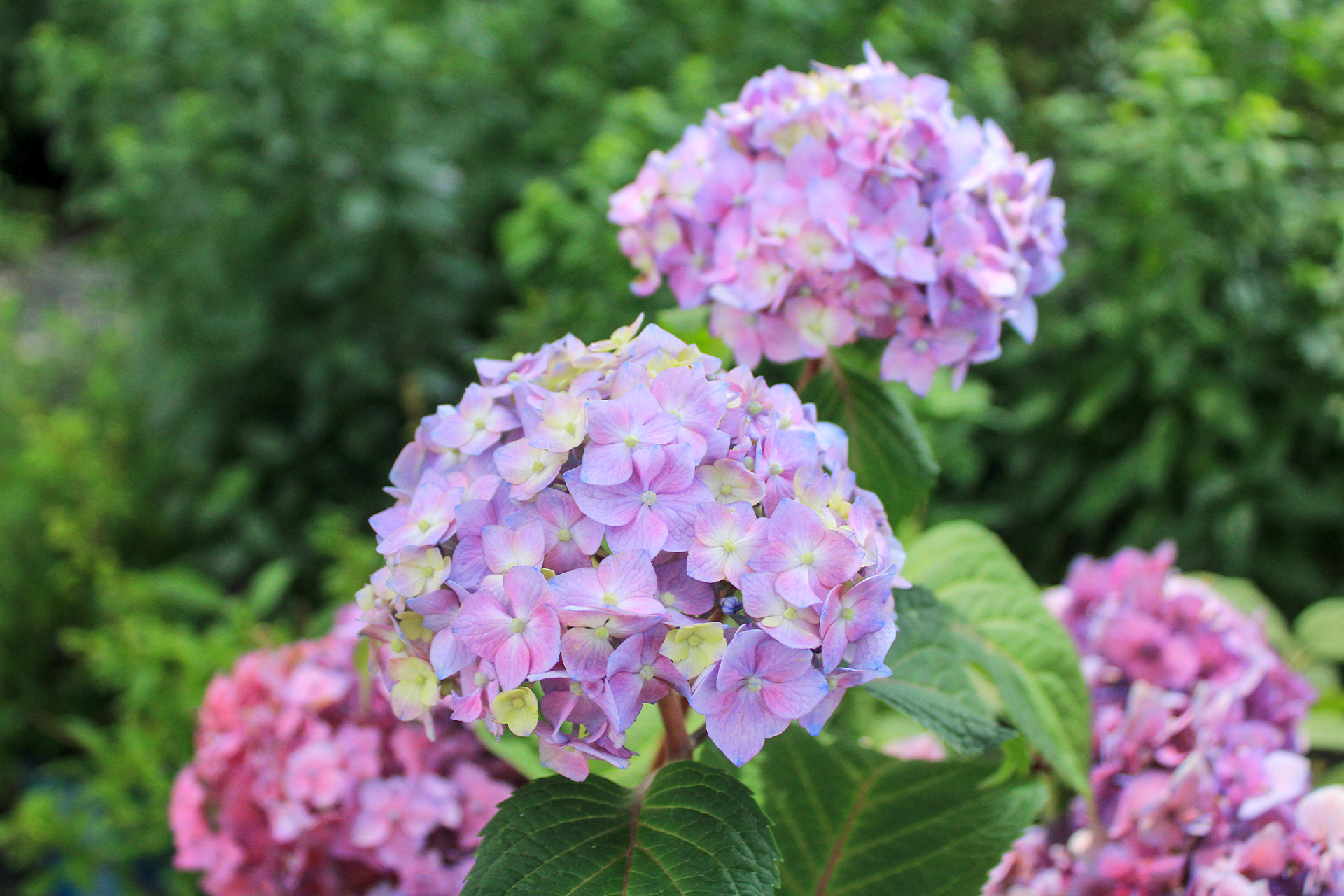
By understanding the specific needs of each hydrangea variety, you can ensure they thrive and continue to enchant with their seasonal displays year after year.

Exciting news for residents of Sparks, Nevada! The city has launched a wonderful initiative to enhance green spaces and beautify neighborhoods by giving away free Moana Grown trees
